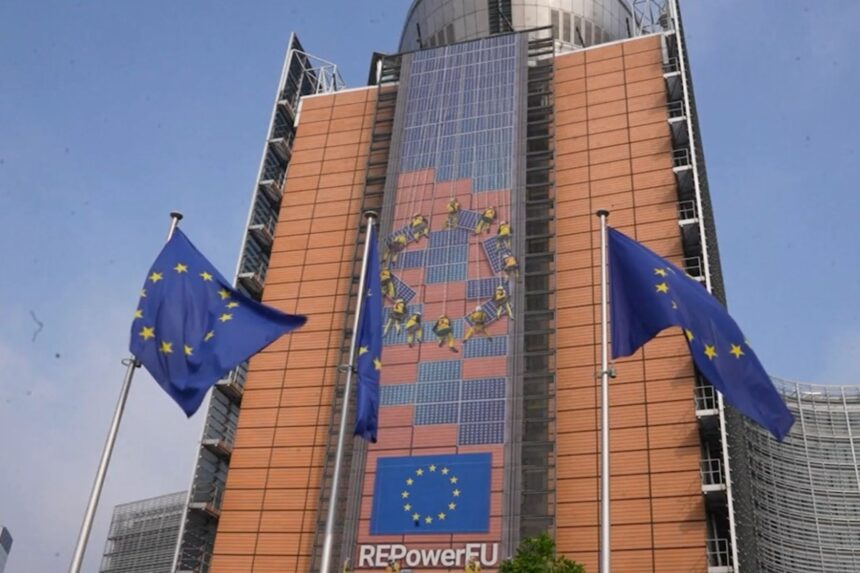PRISHTINA – The Kosovo-Serbia technical dialogue began on March 8, 2011, under the mediation of the European Union (EU). The primary aim was to address technical issues that would ease the daily lives of citizens in both countries.
The dialogue was initiated following a 2010 UN General Assembly resolution, co-sponsored by 27 EU member states and Serbia, which paved the way for negotiations. The decision was further reinforced by the International Court of Justice’s (ICJ) advisory opinion in 2010, stating that Kosovo’s declaration of independence did not violate international law.
From Technical to Political Talks
Initially, discussions were strictly technical, led by technical teams from both sides. However, by late 2012, the dialogue expanded to a political level, focusing on normalizing relations between Kosovo and Serbia.
- In 2011, Kosovo’s negotiation team was led by Edita Tahiri, while Serbia was represented by Borko Stefanović. The EU’s mediator at the time was Robert Cooper.
- In 2014, Serbia appointed Marko Đurić as its chief negotiator.
Key Agreements Reached
Since the dialogue’s launch, over 23 agreements have been signed at both technical and political levels.
The first agreement, signed in 2011, focused on:
✅ Civil registries
✅ Freedom of movement
✅ Customs stamps
✅ Recognition of diplomas
✅ Integrated border management
✅ Regional representation
✅ Telecommunications
✅ Official visits
Other notable agreements include:
- 2015: Dissolution and integration of the so-called “Civil Protection” in northern Kosovo, mutual recognition of vehicle insurance policies, energy agreements, and ADR certificate recognition.
- 2017: Agreement on the integration of the judiciary in northern Kosovo.
Despite these agreements, the implementation process remains a major challenge, with tensions between the two sides frequently disrupting progress.







